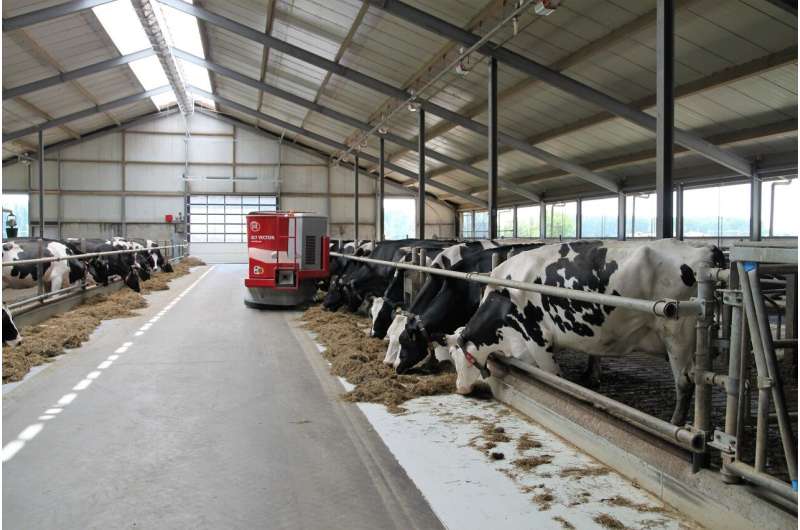The Continued Importance of Human Touch in AI-Driven Healthcare, Experts Say

Experts highlight that despite advances in AI-driven medicine, the human touch remains vital in healthcare for empathy, ethical responsibility, and personalized care, ensuring technology enhances rather than replaces doctors.
As artificial intelligence (AI) begins to transform healthcare, many experts emphasize that the role of human doctors remains indispensable. AI technologies are making significant advances in diagnostics, treatment planning, and even surgical procedures—powerful tools that enhance medical capabilities. In his recent book, Healing with Artificial Intelligence, tech specialist Daniele Caligiore discusses how innovations like diagnostic imaging, surgical robots, exoskeletons aiding spinal injury recovery, and predictive algorithms for diseases such as Alzheimer's and various cancers are revolutionizing medicine.
The global market for AI in healthcare is expanding rapidly, predicted to grow from approximately USD 11 billion in 2021 to nearly USD 188 billion by 2030, with an annual growth rate of about 37%. Already, AI is being integrated into health systems worldwide—scanning genetic data for disease markers or assisting in administrative tasks—and this momentum is expected to accelerate.
However, Caligiore cautions that these technological breakthroughs could inadvertently worsen healthcare inequalities if not made accessible to all. He advocates that AI-based medicine should be universally available, regardless of income or location, to prevent the exclusion of low-income nations from advanced healthcare.
Beyond accessibility, ethical challenges such as accountability and decision-making in AI-driven treatment remain concerns. Many AI systems operate as 'black boxes', making their decision processes opaque and raising questions about responsibility when errors occur. Nonetheless, Caligiore stresses that AI should serve as an adjunct to support doctors—and not replace them—highlighting the irreplaceable value of empathy, understanding, and emotional support that human clinicians provide.
He believes that AI can empower physicians and patients alike—by offering detailed insights into disease mechanisms, aiding in personalized treatment, and even exploring new frontiers like regenerative medicine, gene editing, and virtual health environments such as the 'metaverse' and digital twins. These advancements promise a future where diagnostics and therapies are more precise and tailored to individual genetic profiles.
Nevertheless, Caligiore advises a cautious approach, urging clinicians and patients to critically evaluate AI tools. As the healthcare landscape evolves dramatically in the coming years, the human element—emotional intelligence, soft skills, and compassionate care—will remain central to effective medical practice.
In essence, while AI is set to act as a powerful 'magnifying glass' for medicine, enhancing the observer’s view into the human body, the human touch will continue to be vital in delivering holistic and empathetic healthcare. Source: https://medicalxpress.com/news/2025-08-human-doctors-ai-health-revolution.html
Stay Updated with Mia's Feed
Get the latest health & wellness insights delivered straight to your inbox.
Related Articles
Next-Generation Animal Vaccines as Precautionary Tools Before Disease Outbreaks
Discover how innovative mRNA animal vaccines are revolutionizing biosecurity, offering rapid and safe protection against zoonotic diseases like foot-and-mouth disease to safeguard livestock industries.
Rapid Spread of Drug-Resistant Candida auris in European Hospitals
Candida auris, a highly drug-resistant fungus, is rapidly spreading across European hospitals, posing serious health risks and treatment challenges. Early detection and strict infection control are crucial to containment.



